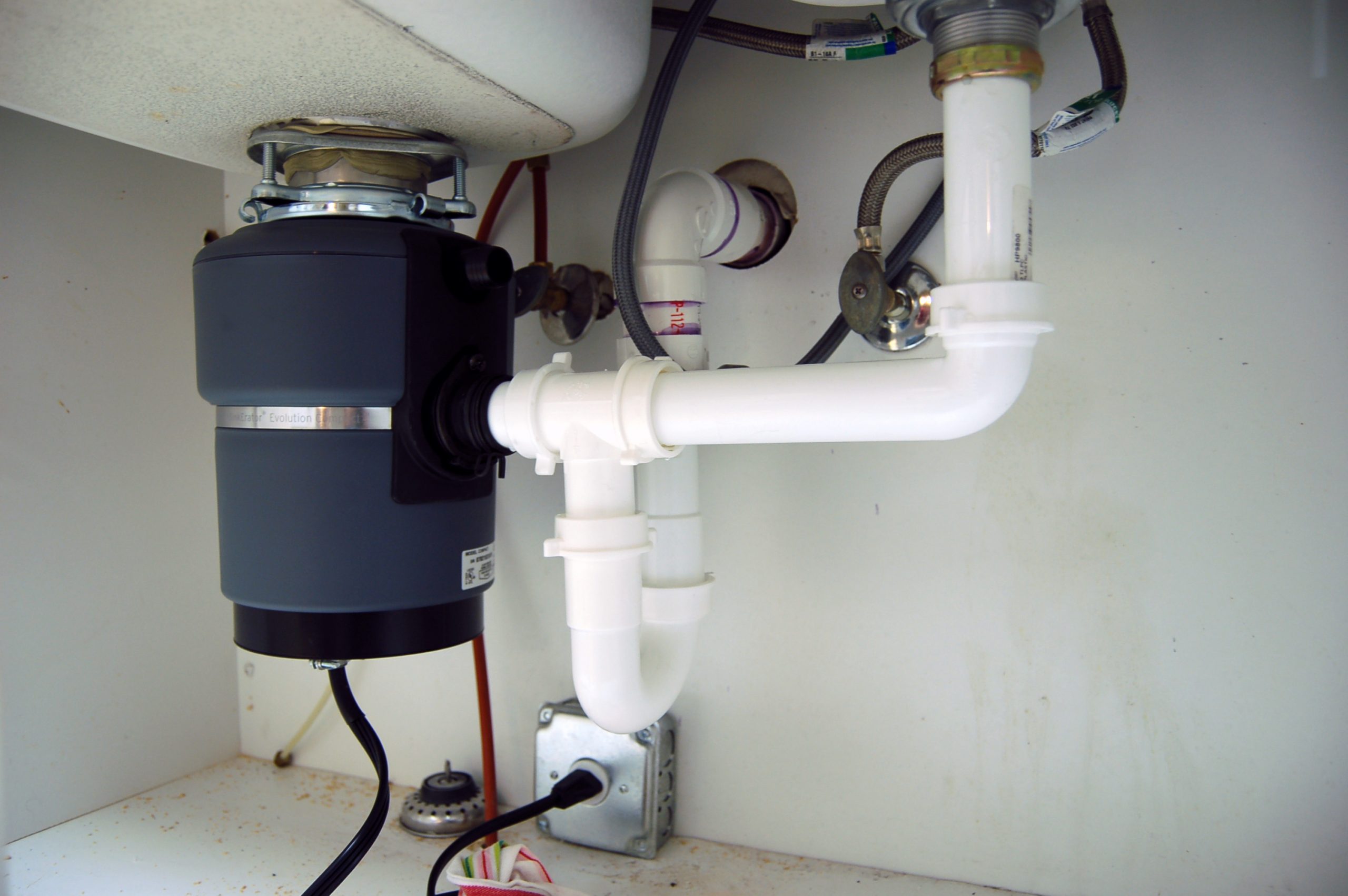Recommended Tips for Fixing a Leaking Waste Disposal Unit
Recommended Tips for Fixing a Leaking Waste Disposal Unit
Blog Article
The content below in relation to Why Is is especially remarkable. Read it yourself and decide what you think of it.

Waste disposal unit are necessary cooking area appliances that assist in dealing with food waste successfully. However, a leaking garbage disposal can be an irritating and messy problem to handle. Luckily, several leakages can be fixed easily with a couple of basic steps. In this write-up, we will talk about exactly how to fix a dripping garbage disposal successfully.
Introduction
Garbage disposals are installed under kitchen area sinks and are designed to shred food waste into smaller sized pieces, enabling it to travel through the pipes system quickly. While these tools are normally trusted, leakages can happen with time because of deterioration, loose links, or damage to the system.
Step-by-Step Guide to Taking Care Of a Leaking Garbage Disposal
Switch off the Power
Prior to attempting any type of fixings, ensure that the power to the garbage disposal system is switched off to stop the risk of electric shock.
Locate the Leak
Identify the exact location of the leak and identify the cause
Tighten Connections
Use a wrench to tighten any kind of loosened links in between the disposal unit and the plumbing system.
Change Seals or Gaskets
If the leakage is because of worn seals or gaskets, remove the old parts and replace them with new ones.
Patching Cracks or Openings
For fractures or openings in the disposal system, usage epoxy or an ideal patching product to secure the damaged area.
Identifying the Resource of the Leakage
Before attempting to take care of a dripping garbage disposal, it is vital to identify the source of the leakage. This can commonly be done via visual assessment or by conducting simple examinations.
Visual Assessment
Evaluate the waste disposal unit system carefully for any kind of indications of water leak. Pay attention to areas around seals, gaskets, and link points.
Testing for Leaks
One way to check for leakages is by running water via the disposal device and looking for any kind of noticeable indicators of leak.
Typical Root Causes Of Leakages in Trash Disposals
Worn Seals and Gaskets
Seals and gaskets play a vital function in stopping water from leaking out of the garbage disposal. Over time, these components can weaken, bring about leaks around the disposal system.
Loose Links
The links between the garbage disposal and the plumbing system can come to be loosened over time, triggering water to leak out throughout procedure.
Splits or Openings in the Disposal Unit
Physical damage to the garbage disposal, such as cracks or holes in the housing, can also result in leaks.
Tools and Materials Needed for Repairing a Leaking Garbage Disposal
Before beginning the fixing procedure, gather the essential tools and materials, consisting of a screwdriver, adjustable wrench, plumber's putty, substitute seals or gaskets, and epoxy or patching material for fixing splits or holes.
Examining the Garbage Disposal After Repair
Once the repair service is total, test the waste disposal unit by running water via it to make sure that the leakage has been fixed.
Preventive Upkeep Tips to Stay Clear Of Future Leaks
To prevent future leaks, it is essential to perform regular maintenance on your garbage disposal. This consists of keeping it clean, preventing putting non-food products or difficult items down the disposal, and periodically looking for leakages or other issues.
Conclusion
To conclude, repairing a dripping garbage disposal is a reasonably straightforward procedure that can be finished with basic devices and materials. By complying with the actions detailed in this article and practicing preventative maintenance, you can keep your garbage disposal in good working problem and avoid expensive fixings in the future.
HERE’S HOW TO FIX YOUR GARBAGE DISPOSAL
WHAT TO DO IF SOMETHING IS STUCK IN YOUR GARBAGE DISPOSAL
If the impeller won’t turn, there’s probably something stuck in the disposal. It could be a steak bone or peach pit, although plumbers report pulling all sorts of inappropriate objects out of disposals, such as bottle caps or aluminum foil. Make sure power to the disposal is off, and look inside to see if you can see the source of the jam.
Never stick your fingers in a disposal. Pull out anything you see with tongs or pliers.
If the disposal still won’t work, it may be time to call a plumber or consider buying a new disposal. GEM Plumbing & Heating is here for all of your garbage disposal needs.
WHAT TO DO IF YOUR GARBAGE DISPOSAL DRAIN IS CLOGGED
Take everything out from underneath your sink and put a bucket or other container under your disposal to catch any water that drains out. Disconnect your disposal from the power supply. If it’s plugged into a wall outlet, unplug it. If it’s hardwired into an electrical box, go to the electrical panel and turn off the breaker for the disposal. Pour ¼ cup of baking soda into the drain, followed by ½ cup of white vinegar. Give the solution a few minutes to fizz and do its work. Look into the disposal with a flashlight to see if you can see an object that might be causing the clog. If you see it, remove it using tongs or pliers. MORE TIPS ON DEALING WITH A CLOGGED GARBAGE DISPOSAL
Never use drain cleaner in a garbage disposal. It can damage the plastic parts inside the disposal. You can also be splashed with the caustic liquid while working to clear the clog. Beware! Never stick your fingers into a garbage disposal. Trust us — not a good idea. In many instances, your dishwasher drains through your garbage disposal. This allows the disposal to grind any large food particles that may be drained out of your dishwasher. There are some jurisdictions, however, where the plumbing code prohibits such a connection. WHAT TO DO WHEN YOUR DISHWASHER DRAINS THROUGH THE DISPOSAL
Run some water in the sink so your plunger has at least a ½-inch of water to create a seal and plunge vigorously up and down several times. You may need to repeat this several times. Run hot water down the drain to clear any residue that remains.

Do you appreciate reading up on Why Is ? Create a remark directly below. We'd be interested to know your opinion about this page. In hopes to see you back again later on. Appreciated our piece of writing? Please share it. Let someone else discover it. Many thanks for your time. Come back soon.
Automated Marketing Report this page